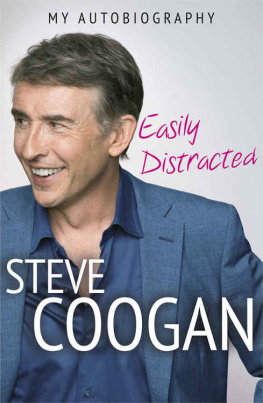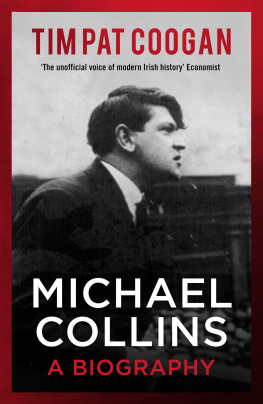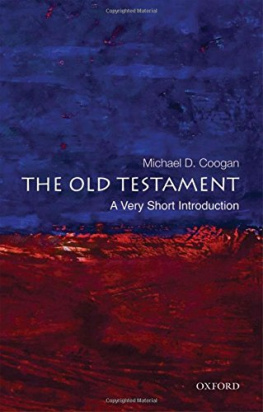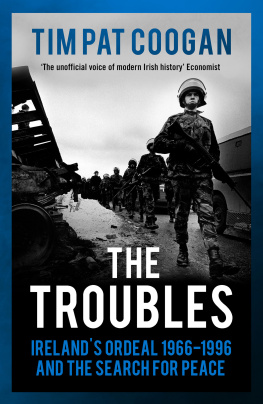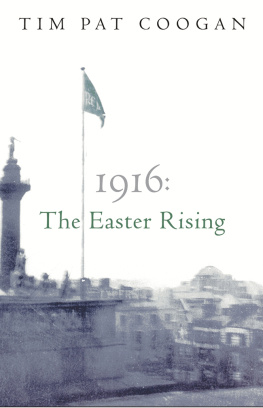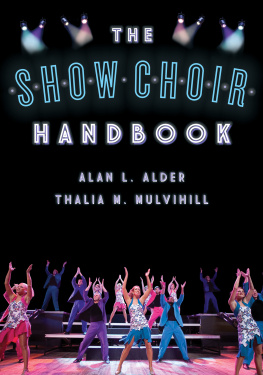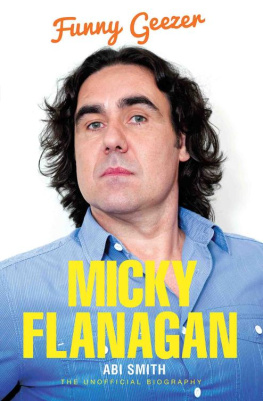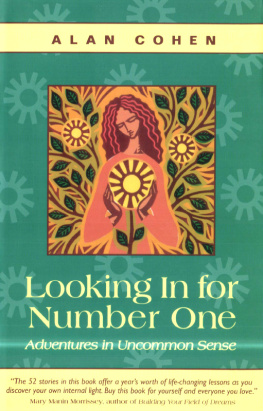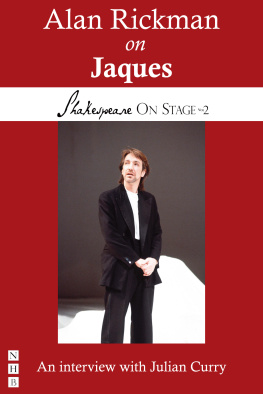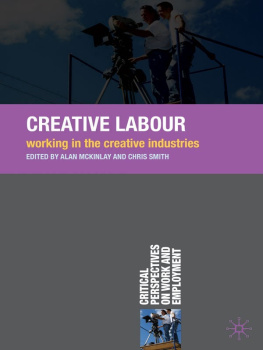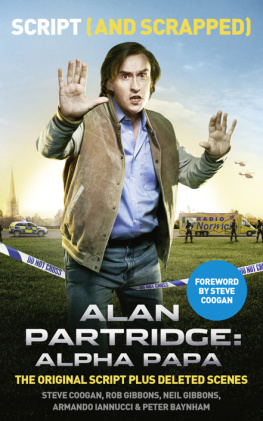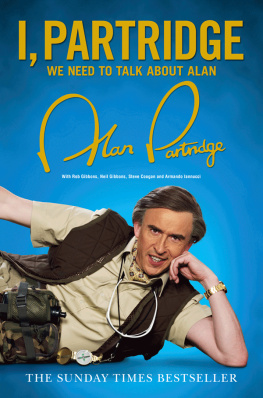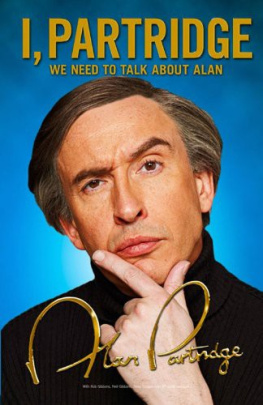Contents
ABOUT THE BOOK
Steve Coogan was born and raised in Manchester in the sixties, the fourth of six children. He is the product of his Catholic background, of the grammar school system and of the television generation. From an early age he entertained his family with impressions and was often told he should be on the telly. Failing to get into any of the London-based drama schools, he accepted a place at Manchester Polytechnic School of Theatre and before graduating had been given his first break as a voice artist on the satirical puppet show Spitting Image .
The late eighties and early nineties saw Coogan developing characters he could perform on the comedy circuit, from Ernest Moss to Paul Calf, and in 1992 he won a Perrier award with John Thomson. It was around the same time, while working with Armando Iannucci and Patrick Marber on On The Hour and The Day Today , that Alan Partridge emerged, almost fully formed.
Coogan, once a tabloid fixture, is now a respected film actor, writer and producer. He runs his own production company, Baby Cow, has a raft of films to his name (from 24 Hour Party People to Alpha Papa , the critically-acclaimed Partridge film), six Baftas and seven Comedy Awards. He has found huge success in recent years with both The Trip and Philomena , the latter bringing him two Oscar nominations, for producing and co-writing.
In Easily Distracted he lifts the lid on the real Steve Coogan, writing with distinctive humour and an unexpected candour about a noisy childhood surrounded by foster kids, his attention-seeking teenage years and his emergence as a household name with the birth of Alan Partridge.
ABOUT THE AUTHOR
Steve Coogan is an English actor, writer, comedian and producer. He is the co-creator and star of Alan Partridge, and has appeared in numerous films including 24 Hour Party People , Minions , Night at the Museum and the BAFTA Award-winning Philomena . He lives in Sussex.


Thank you to Amy Raphael for co-writing the book with me, for guiding me, helping organise my thoughts, making me sound more eloquent and tolerating my endlessly straying off the point with nothing more than a sigh. Without her it simply wouldnt have been written. Thanks to my editor Ben Dunn for telling me when I was boring and self-indulgent. To Paul Stevens at Independent Talent for being a very good agent. To Duncan Heath for his sage-like wisdom. To Anna Stockton for managing my life. Id like to thank Loretta for making me laugh with her gentle mockery, and for her love. To the two Clares: my daughter, for teaching me more than Ive taught her and my big sister for helping with the book, helping me grow up and always being there for me.
To Mum and Dad
INTRODUCTION
Most of my life has been spent wanting to be someone else. If I pretended to be other people, then I didnt have to be me.
Mike Yarwood, a stalwart of seventies television who had as many viewers as Morecambe & Wise but who is strangely forgotten now, used to say And this is me after launching into his act. Coming as it did after his impeccable impressions of Harold Wilson and Edward Heath, it was always an anticlimax. We werent really interested in seeing Yarwood as himself.
When I first did stand-up, I did impressions. When I did my act, I would do a rather distant, pompous version of myself. I continued to do versions of myself in Coffee and Cigarettes , A Cock and Bull Story and The Trip .
All of which was a way of saying, This is not me.
Well, all right, its a little bit of me.
Until now I have shared only versions of Steve Coogan.
The real me is slightly less desperate for fame than Alan Partridge, slightly less irascible than the Steve who eats his way around the Lake District and Italy in The Trip , and slightly less libidinous than the version of me in A Cock and Bull Story .
It took me a long time to find out who I was. I certainly didnt know when I was growing up. My views werent properly informed; I used to parrot opinions that I thought sounded good. I was in some ways tribal. Cloistered by my Catholic upbringing in suburban Manchester. Naive. Unsophisticated.
I used to value the fact that I didnt alienate anyone. I didnt want to say anything that might cause friction. In pursuit of an easy life, I would consciously keep quiet about anything contentious.
When I hear, third or fourth hand, what people think about me and its ridiculously wide of the mark, I perversely take some comfort from it.
Oh good, they dont know who I am.
There are countless examples of those who conform to a role thrust upon them by the media. An unwritten pact to serve each other. I dont like being defined by others, so for those who are interested I will try to do it myself.
It would be ridiculous for me to pretend that Ive been a paragon of virtue. Nor have I always been honourable. But it is my work that I have offered up for judgement, not my personal life. Im proud of my work, and if people dont like it, then Ive failed. Judge me on the work, not on the cocaine and the strippers.
You wont find any grief porn in this book. It isnt Angelas Ashes . I didnt learn my comedy on the playing fields of Eton, nor am I a horny-handed son of toil. Andrew Collins wrote a book called Where Did It All Go Right?: Growing Up Normal in the 70s , a title as apposite for my book as his.
I come from the kind of strong, secure and loving lower-middle-class background that is not celebrated enough. Contrary to what some might think, not everyone from the lower middle class is a xenophobic Little Englander like Alan Partridge.
My parents instilled decency, kindness and a generosity of spirit in me. They may have been baffled for a long time by my career, but I owe them everything. This book is as much about them as it is about me.
PART ONE
CHAPTER 1
IF 1998 WAS the year that everything came together, it was also the year that everything began, slowly, to fall apart.
The central London hotel room was perfect. When my parents opened the curtains, they could see the Lyceum Theatre. And there in front of them was my name in lights: Steve Coogan: The Man Who Thinks Hes It .
I was about to turn thirty-three, but I hadnt stopped seeking validation from my dad. My sister, Clare, says I still do it, but perhaps I am less obvious these days.
I should have been luxuriating in my success in 1998 rather than trying to impress my parents. I had the best comedy on television and a sell-out national tour. Im Alan Partridge was incredibly popular and liked by clever people. Alan had matured to perfection. The reviews were staggering; it was probably peak Partridge. I had yet to be overwhelmed by drugs and drink, but I can see now that the adulation sent me a bit crazy. I earned well over a million pounds from The Man Who Thinks Hes It , the kind of money I didnt earn again for a very long time.
The tour culminated in a sold-out ten-week run at the Lyceum Theatre in Covent Garden. Most days, as I was on my way to the stage door in my anorak, ticket touts would try to sell me tickets for my own show at 300 a pop. Six nights a week I dressed up as Alan Partridge, Paul and Pauline Calf, Tony Ferrino and Duncan Thickett in front of 2,000 people. I only stepped down for The Lion King to take up residence.
I was determined to create an intimate show on a large scale, with musicians, dancers and a supporting cast. Simon Pegg and Julia Davis provided the best reinforcement available, and the Steve Brown Band, who performed the title music to Knowing Me Knowing You with Alan Partridge , provided live backing. I knew that having a live band would eat into my profits, but I didnt want the audience to feel cheated when they were faced with yet another comedian muttering into a mic.
Next page
